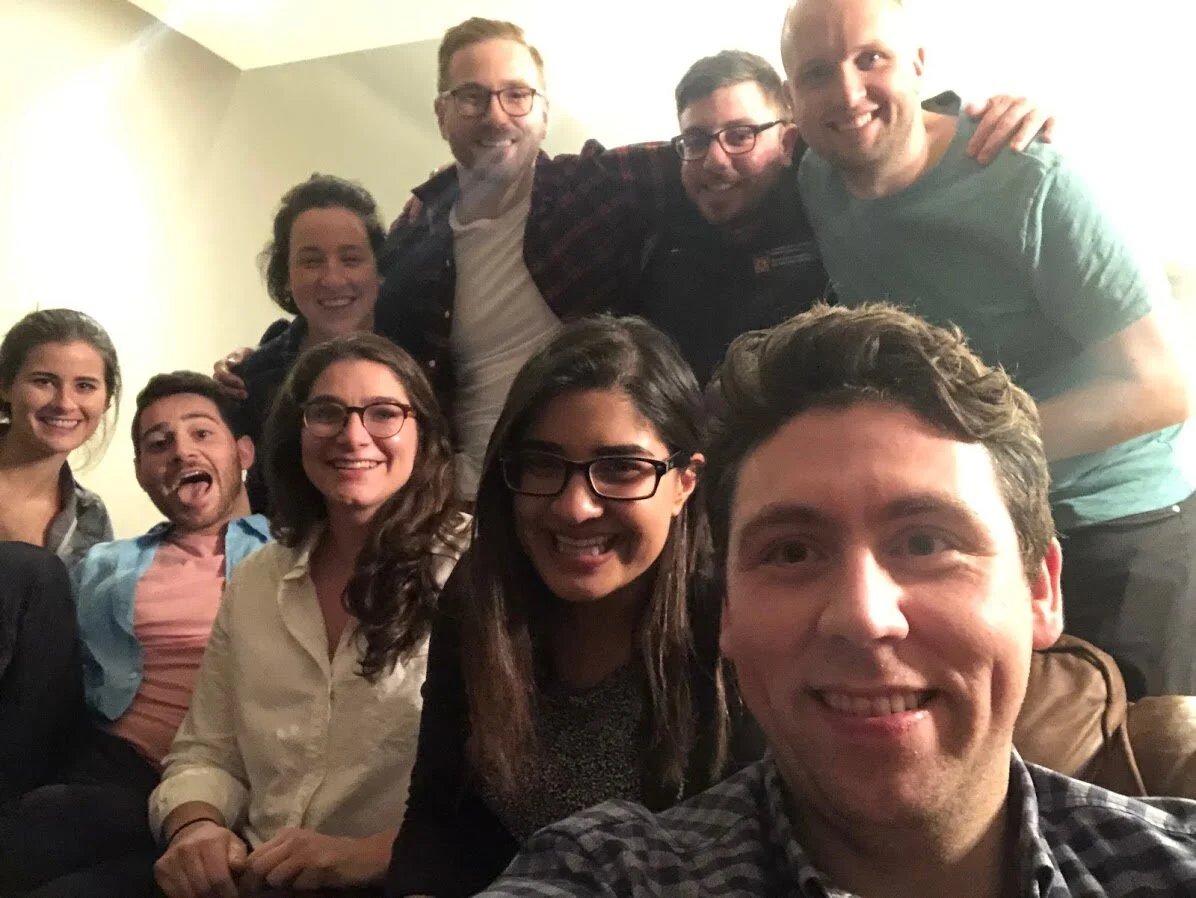
The Ottawa Academic curriculum is based on a combination of the Entrustable Professional Acts (EPA) described by the Royal College and the specific needs of the residents identified by the program. Our program strives to train surgeons who are well-rounded, academically competitive, and ready for independent practice. In addition to learning by service, resident education is enriched through rounds, didactic lectures, and simulation.
Evidence-Based EducatioN
Given our local expertise and education research programs, we strive to deliver high-quality, evidence-based education modalities.
Learner-Centred Curriculum
To ensure that the program is learner centered, dynamic, and responsive to changing needs, rotations are critically reviewed regularly by faculty and residents.
EDUCATION FIRST.
Service to education ratios are constantly evaluated to ensure that resident education is the priority.
Competence By Design (CBD)
As of 2020-2021, all General Surgery programs across Canada, including the University of Ottawa, have fully transitioned to the Royal College’s Competence by Design (CBD) program, a competency-based medical education (CBME) approach to training general surgery residents.
Supported by Technology
Through the Elentra platform, residents and staff are able to trigger real-time evaluations from any computer, smartphone, or tablet device using a mobile-friendly platform.
Graduated Onboarding
Faculty and residents have been using CBD and EPA-based evaluation for the Surgical Foundations Curriculum for the past two years, easing the transition to a complete CBD curriculum.
Continuous Improvement
At the direction of our residents and staff, the Competence Committee is continually improving the evaluation platform, EPAs, and program structure to minimize administrative burden and optimize resident teaching.

Academic Half Day
We have a series of Academic Half Days for the residents in the foundation part of training (Junior Academic Half Day) and a distinct one for residents in the core phase of training. Over the years, we felt that the learning needs of residents early in their training were different enough to justify a separate curriculum. Those lecture-based teaching sessions happen weekly and the residents have protected time to attend them. They are also recorded so they can be accessed at residents’ convenience.
On top of the academic sessions organized by the program, many sub-units have weekly teaching sessions or rounds including:
Hepatobiliary and Pancreatic Indications Conference
Colorectal Morning Teaching
Melanoma Rounds
Breast Rounds
Sarcoma Rounds
GI Oncology Multi-Discplinary Rounds
Bariatric Case Conference
Junior Level Teaching
Surgical Foundations
Junior residents attend a weekly protected half-day for Surgical Foundations lectures with residents from other surgical subspecialties.
Junior Skills LaBs
Once a month, there is a protected half day for residents to go the uOSSC (Sim Centre) and practice laparoscopic and open surgical skills under the guidance of staff and surgical fellows.
Junior Lecture Series
This is a resident-only monthly evening lecture series where a senior resident will take junior residents through a core topic an its associated surgical skills. A great place to ask all the questions you didn’t want to mention in front of staff.
Simulation
The University of Ottawa General Surgery program has a comprehensive simulation program. Ottawa has a well-developed simulation center and our program takes full advantage of it.
It starts with a monthly simulation half-day in the foundation stage of the residency. It is used to practice basic skills including:
Laparoscopic dissection of the gallbladder liver bed
Open dissection of gallbladder from liver bed
Open small bowel anastomosis and mesentery tying
Laparoscopic inspection of the small bowel
Ileostomy creation
Laparoscopic knot tying
We think of this section of our simulation curriculum as a way of maximizing what can be learned in the operating room. Each model is designed with specific skills in mind. Trainees are provided with objectives to guide their learning. We encourage our residents to see these sessions as opportunities to challenge themselves. As their skills progresses, the models can be adapted to remain challenging. A staff and a fellow are also available during those session to give specific feedback. The goal of these simulation sessions is to get the residents proficient with simple skills so they can be ready to learn more complex surgical skills earlier in their training.
For the residents going through the core portion of training, the simulation program focuses on two main aspects: crisis resource management which we practice with multidisciplinary team simulation. The goal of these sessions is to allow our residents to practice non technical skills in the simulation environment to develops skills such as effective communication, leadership and followership. Those simulation sessions are unique opportunities for our residents to get feedback on their non technical skills in a safe environment with co-residents from various specialties.
We are also in the process on implementing formal trauma teaching including Advanced Trauma Operative Management (ATOM) and Advanced Surgical Skills for Exposure in Trauma (ASSET). The goal of this part of the curriculum is to provide residents with the opportunity to practice autonomous surgical trauma management and various surgical approaches to trauma. Trauma exposure can be variable and as such, we want to make our resident have an opportunity to practice surgical skills pertinent to trauma in a structured environment.



![69Q0UxR[1].png](https://images.squarespace-cdn.com/content/v1/5f693f8ea64e6307b53e0112/1601439122580-VSHBYHWVU824N8D3GJOV/69Q0UxR%5B1%5D.png)









